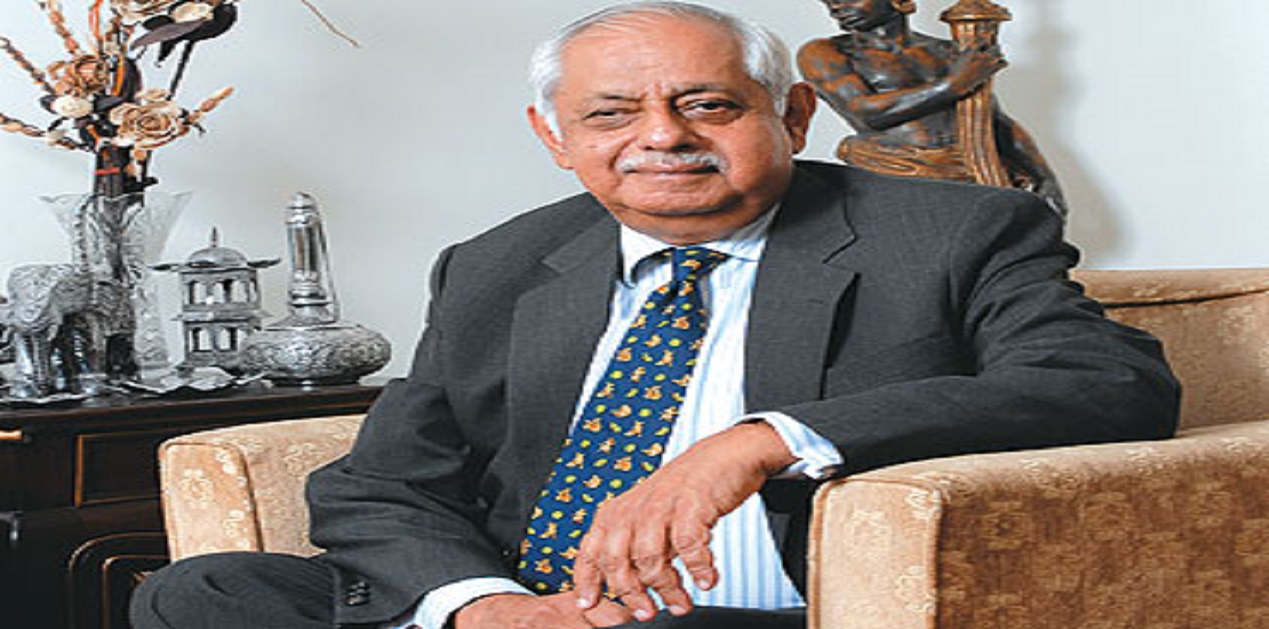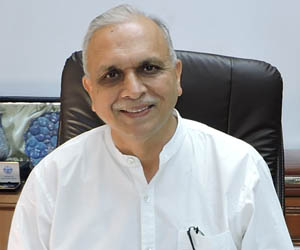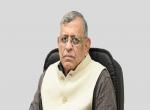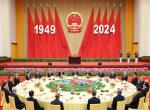Ambassador Satinder Lambah passed away on 30 June 2022 at the age of 81 after battling cancer for two and a half years. He did not let his fight against the disease temper his optimism and positive outlook to life. As he was doing his round of radio and chemotherapy, he was also finishing a book on India-Pakistan relations. In his long diplomatic career, Mr. Lambah served as India’s ambassador to Russia, Germany, and Hungary and served as High Commissioner of India to Pakistan besides being Consul General of India in San Francisco. After his retirement, he remained involved with top level security and foreign policy issues, serving as PM’s Special Envoy from 2005 to 2014.
Sati, as he was known to friends, was regarded as one of the foremost experts on Pakistan. Having served as High Commissioner to that country and having handled the sensitive Pakistan-Afghanistan desk in the MEA; he conducted back-channel diplomacy with Amb Tariq Aziz during 2005 to 2014. Although he had no illusions about the anti-India nature of Pakistani establishment, he nevertheless favoured a “practical, workable and acceptable” solution to the Kashmir issue. Many people would disagree with him, yet his insights into India-Pakistan relations are invaluable.
In a speech in delivered in April 2014 at Kashmir University, Mr Lambah observed, “After three wars and long period of disagreement, it is essential that any agreement must ensure that the Line of Control is like a border between any two normal states. There can be no re-drawing of borders.” Highly discrete in his public utterance, it was rare for him to speak publically on a sensitive issue. The speech was delivered with the tacit understanding of the then government that wanted the public to know something about the back channel diplomacy. Regrettably, Pakistan has not given up its policy of supporting terrorism. India-Pakistan settlement looks even more remote now than was the case when Mr Lambah was conducting back channel diplomacy. Mr Lambah knew that.
Born in Peshawar, Mr Lambah knew the Afghanistan-Pakistan frontier region well. In 2011 he wrote a well researched policy paper on the Durand Line. Having dealt with India-Afghanistan relations as Jt Secy in the MEA in 1980s and later as India’s special envoy on Afghanistan (2001-02), he had deep understanding of the Afghan issues. He represented India at the 2001-02 Bonn conference during which the contours of post-Taliban, post 9/11 Afghan democratic government were laid-out. His contribution to the building of India-Afghanistan relations in subsequent years was significant.
As India’s ambassador to Russia (1999-2001), Mr. Lambah contributed to the rebuilding of Indo -Russian relations in the early years of Putin presidency. It was during his time that India made an investment of USD 2 billion in the Sakhalin 1 offshore oil field. That was the largest Indian investment abroad at that time. For this, he was awarded the “Urja Energy Security Award”. At a function held in Dec 2017 at the Vivekananda International Foundation on the occasion of the 70th Anniversary of Indo-Russian relations, Russian Foreign Minister Lavrov conferred upon him and Mr Kanwal Sibal an official recognition of the Russian foreign ministry for their contributionto Indo-Russian relations.
After his retirement from the Indian Foreign Service, he remained active on national security and foreign policy issues. In 2001, he also chaired a committee on the reorganisation of the Ministry of External Affairs and Indian missions abroad. Several recommendations of the Lambah committee were accepted. He was the Convenor of National Security Advisory Board (NSAB) during 2004-05. He became the Chairman of Ananta ASPEN-Centre, a not-for-profit think tank, in 2015. He co-chaired Track-2 dialogue of the Ananta ASPEN center with US, China and Turkey and also initiated a highly successful India-Singapore Strategic Dialogue which he co-chaired for five years. He was the president of India-German Friendship Society for many years. He advocated robust economic diplomacy in these interactions. While serving in San Francisco as Consul General, he mobilised USD 2 million from the local resources to promote Indian Studies in America and helped institute two India Study Chairs, a bi-annual lecture and annual scholarship in Graduate School of Journalism at UC Berkeley.
Although possessing an encyclopaedic knowledge about contemporary issues, he was always hungry for new information. I would often get calls from him for facts and figures on some papers or speeches he was working on. He did not hesitate to share his working draft for independent comments. He had the rare ability to absorb and process vast amount of information and come to the crux of the issue. He appreciated brevity and directness in communication. He could convey his viewpoint to the top leadership and the general audience alike in well-crafted sentences. Those who had the occasion to work with him would marvel at his editing skills and the speed and accuracy of his delivery.
Mr Lambah was highly respected for his professionalism across generations of Indian diplomats. He never boasted of his considerable diplomatic achievements. He showered his love and affection on younger colleagues generously and was a constant source of inspiration and encouragement to them.
Mr Lambah has left a void that would be hard to fill. The country has lost a wise diplomat.
(The paper is the author’s individual scholastic articulation. The author certifies that the article/paper is original in content, unpublished and it has not been submitted for publication/web upload elsewhere, and that the facts and figures quoted are duly referenced, as needed, and are believed to be correct). (The paper does not necessarily represent the organisational stance... More >>
Image Source: https://images.outlookindia.com/public/uploads/images_old/satinder_lamba_20090511.jpg











Post new comment